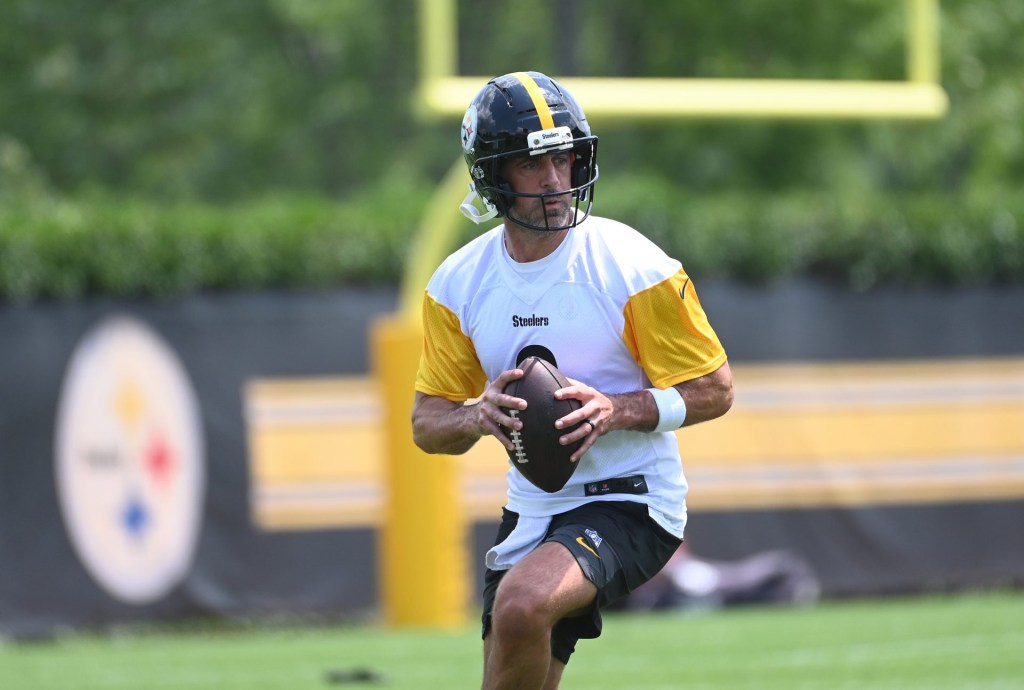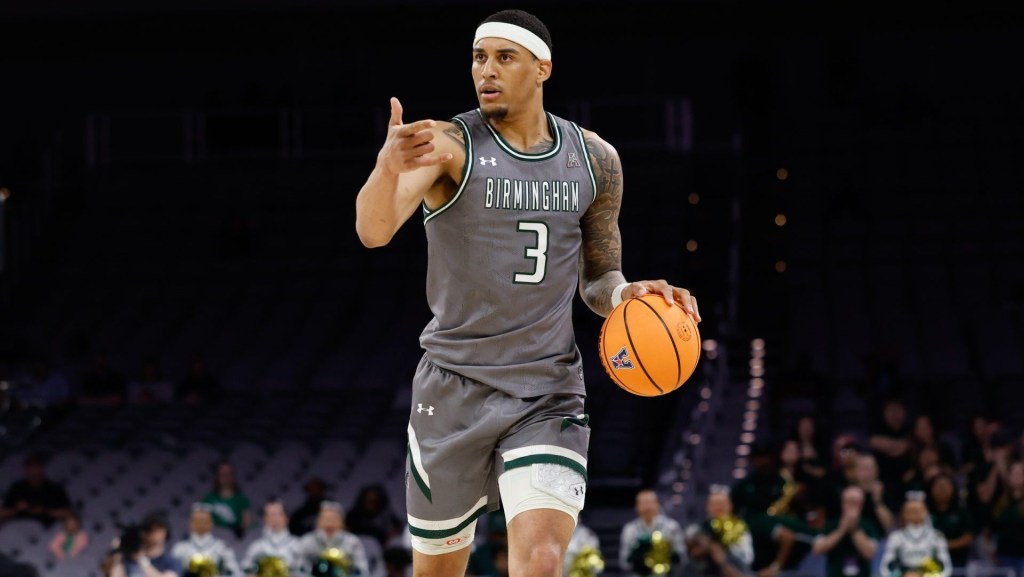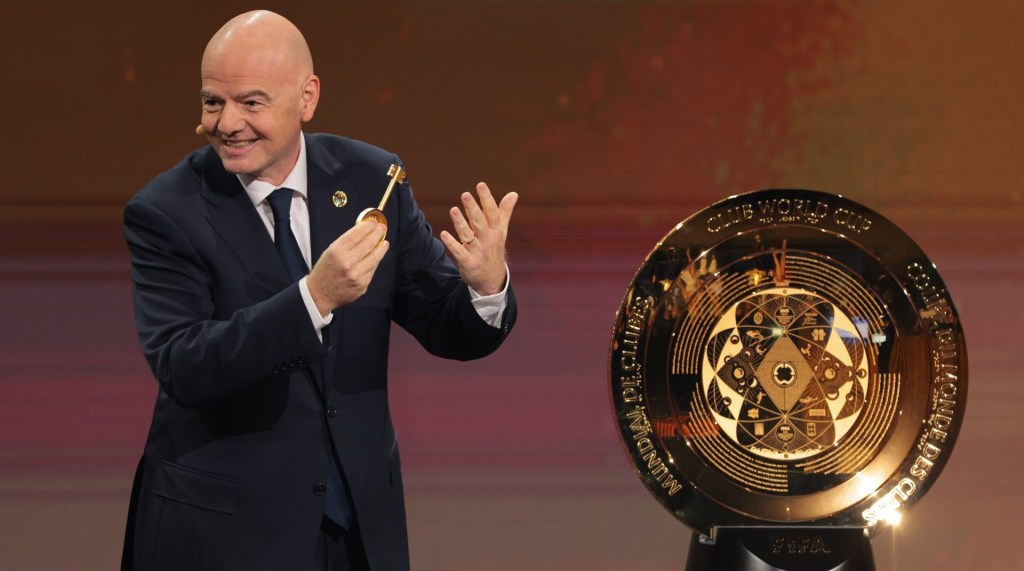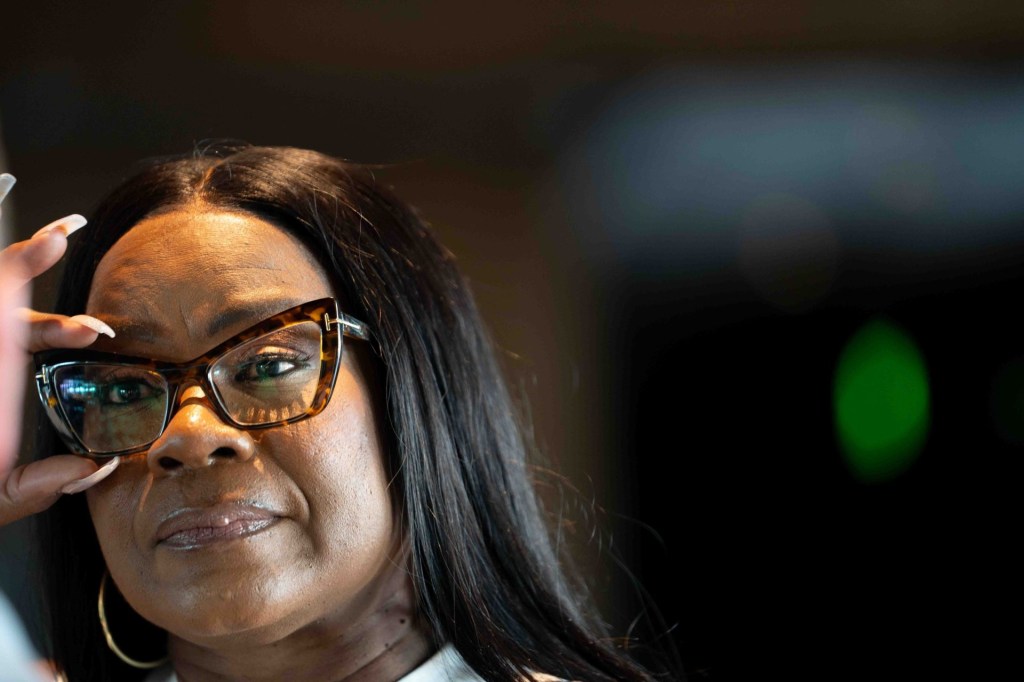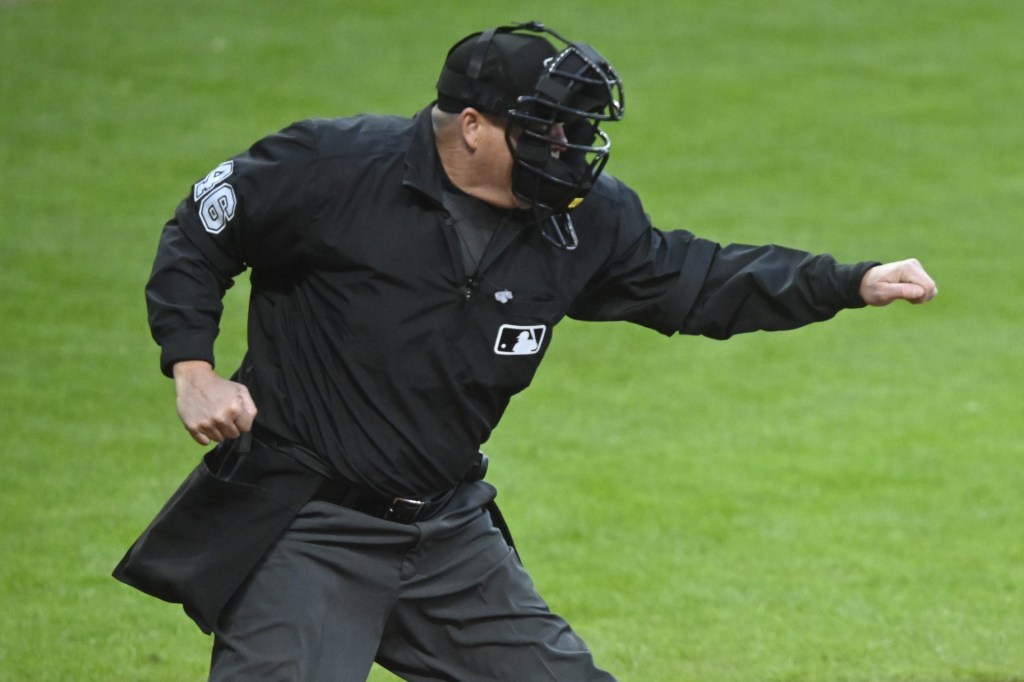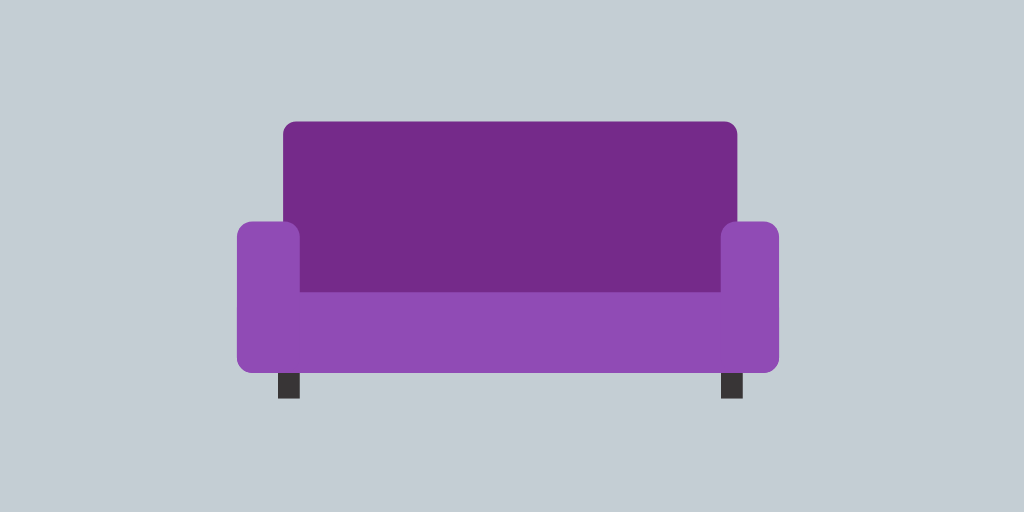
If you are a UFC fan, chances are you’ve heard of or seen Metro by T-Mobile (formerly known as MetroPCS) during a fight.
A partner with UFC for more than seven years, Metro has become a mainstay in the stable of brands that have supported the mixed martial arts competition.
For the past two years, Metro has broken the mold of what a traditional sponsorship looks like with the Metro by T-Mobile Purple Couch.
The activation, which has been spearheaded and managed by global partnership marketing agency Lagardère Plus and its event production arm Rooftop2 Productions, is a live 90-minute interactive program that is streamed via the brand’s social media accounts. To date, Metro by T-Mobile has produced 15 Purple Couch broadcasts, which have garnered more than 257 million impressions and 86 million video views.
The success of the broadcasts have led to Metro scooping up an average of 65 percent share-of-voice on Twitter for sponsor conversation.
Although the Purple Couch broadcasts have appeared on the brand’s Twitter, Facebook, and YouTube platforms, Lagardère and Metro have found that Twitter has been the most fruitful for them and because of this, are doubling down on the platform.
SEE MORE: Inside Riot Games’ Partnership with Mastercard and What It Means for the Future of the Publisher
Adam Gotts, Metro by T-Mobile account director for Lagardère Plus, points to a highly engaged audience and an improved live product from Twitter as to why Metro has leaned into the platform this year.
“UFC fans are rampant on Twitter before, during and after fights – it’s where the conversation happens. Maybe the most remarkable result, beyond the obvious brand lifts, is seeing how Metro has changed the fan’s pre-fight behavior and positioned a sponsor as a trusted and entertaining media outlet for fans to get content and news.”
[mc4wp_form id=”8260″]
As part of the show, there are five live branded segments that feature analysis on the fight, while giving fans access to interact directly with the fighters via Twitter. During these segments, fans have the chance to win Pay-Per-View access codes, making for a more engaging broadcast than what a traditional linear pre-fight broadcast can offer.
The decision to go to social was driven by the ability to have more control around the content and distribution. In addition, Metro still aligns with broadcast partner FOX and FS1 for presence around all fights.
“The sponsorship’s primary objectives have been to drive awareness and then familiarity with the brand, but recently that has shifted to focus lower in the funnel to consideration,” said Kern Egan, president of Americas for Lagardère Plus. “While we have a strong media partnership with Fox and FS1, social media allows brands to own a bit more of the content and distribution to complement the more traditional advertising and brand integrations with media partners.”
SEE MORE: Hyundai’s NFL Efforts Help Power Brand’s Marketing Initiatives
It’s one thing to host a show live on social; it’s a whole other thing to make it your sole focus. That’s exactly what Metro has done and everything else around it — from leveraging UFC influencers to taking over Reddit’s MMA channels — has been focused on driving attention and conversation back to the Purple Couch show.
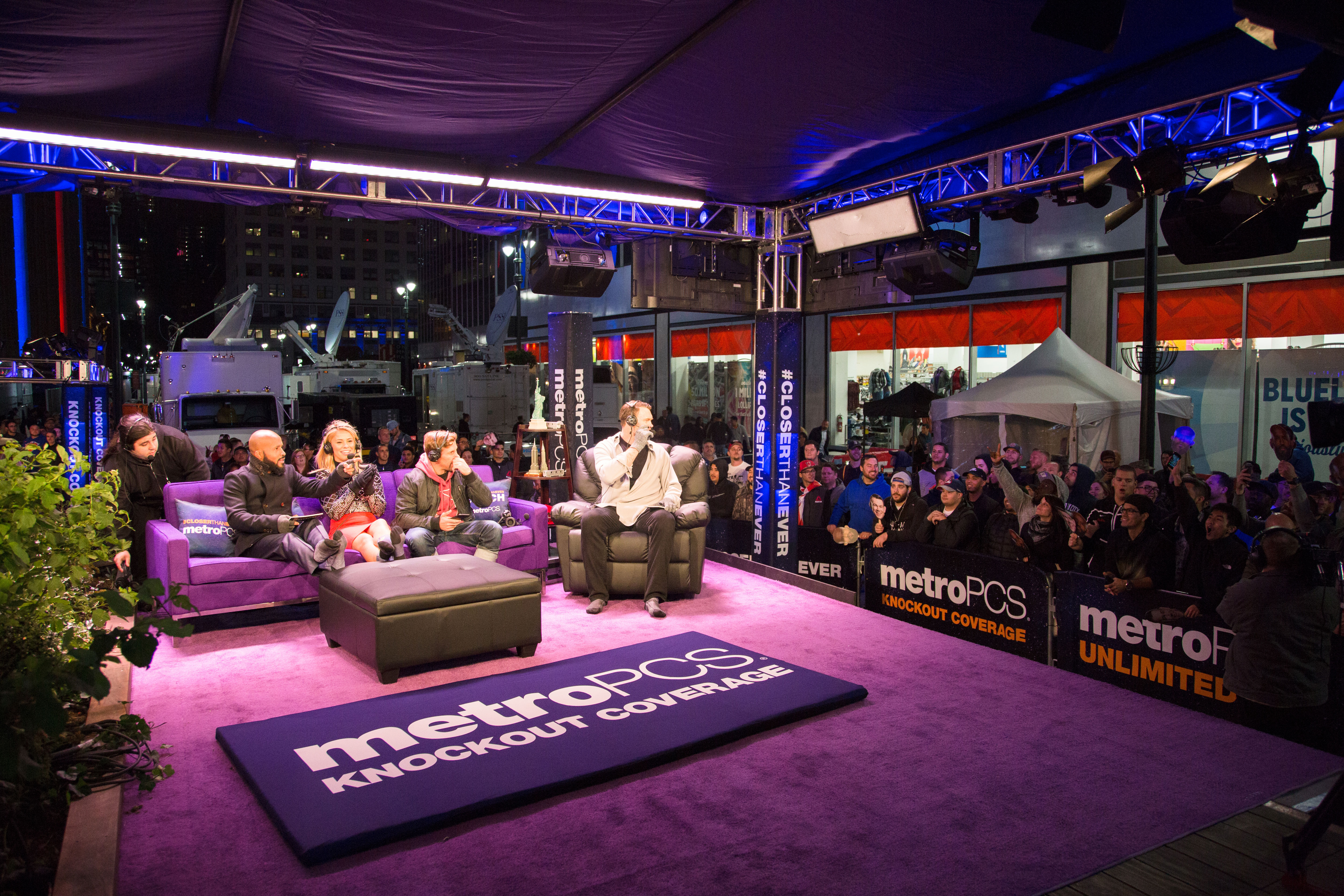
The Purple Couch broadcast setup at UFC 217 at Madison Square Garden on Nov. 4, 2017.
Like others, Metro and Lagardère are tracking social numbers such as engagement, watch time and impressions, but those impressions are just a “means to an end.” The ultimate goal is to make sure that the programming is driving a lift in the purchase funnel, an area that Egan says has “exceeded all expectations.”
[mc4wp_form id=”8260″]
From a laid-back approach to buy-in from the sponsor to do something unique, Metro has been able to carve out a niche part of the conversation during UFC fights, and because of that are showcasing what can be done when brand, agency, and property all think outside the box and execute accordingly.

